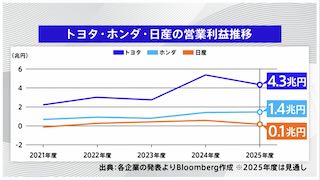TOKYO, Apr 10 (News On Japan) - The has yen weakened to 152 yen to the dollar, the lowest level since July 1990, in reaction to the latest U.S. consumer price index, fueling speculation that the Federal Reserve Board (FRB) might delay the timing of interest rate cuts.
The yen's depreciation is a reflection of various economic factors, including the different monetary policies pursued by the central banks of Japan and the United States. While the FRB has been actively raising interest rates to combat inflation, the Bank of Japan has maintained its ultra-loose monetary policy, keeping interest rates at very low levels. This divergence has contributed to the widening of the interest rate gap, making the dollar more attractive to investors compared to the yen.
The recent data showing a persistent rise in U.S. consumer prices suggests that inflationary pressures remain strong, potentially leading the FRB to continue its hawkish stance on monetary policy. As investors adjust their expectations for the future path of interest rates, currency values fluctuate accordingly. The strong dollar is not only a result of U.S. economic indicators but also reflects the global economic environment, including trade tensions and geopolitical uncertainties.
The continued weakness of the yen poses various challenges for Japan's economy, affecting import costs, corporate earnings, and the purchasing power of consumers. It also has implications for Japan's trade balance and the broader economic policy.
Source: NHK















